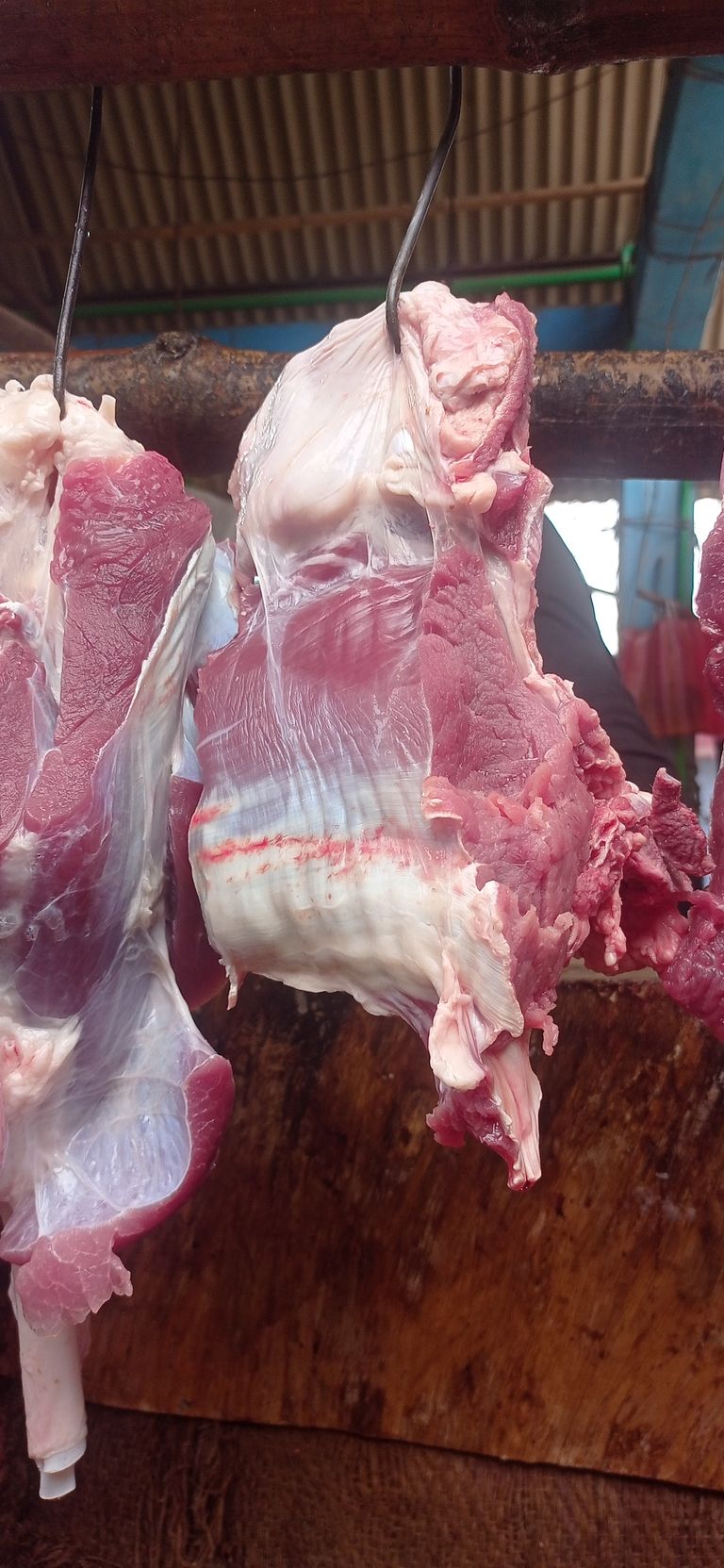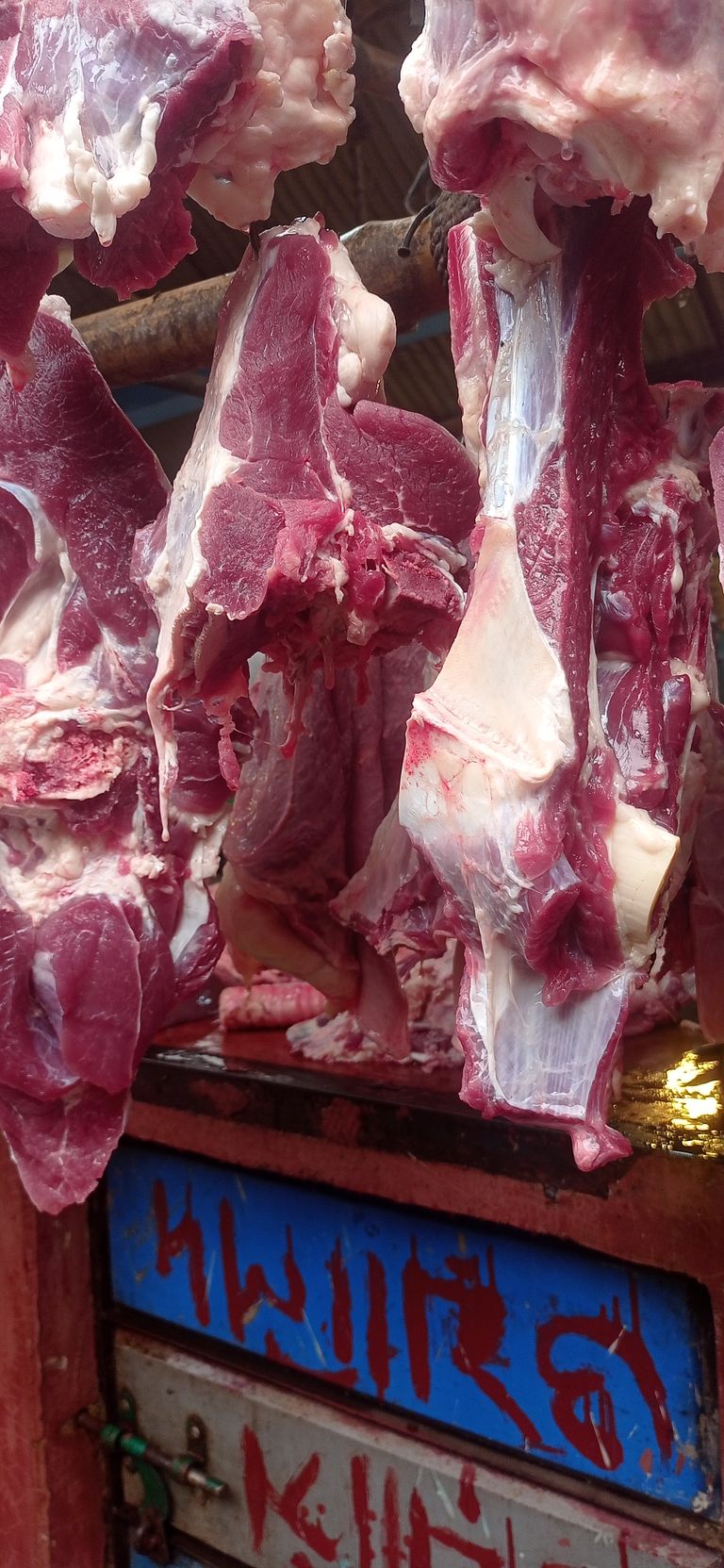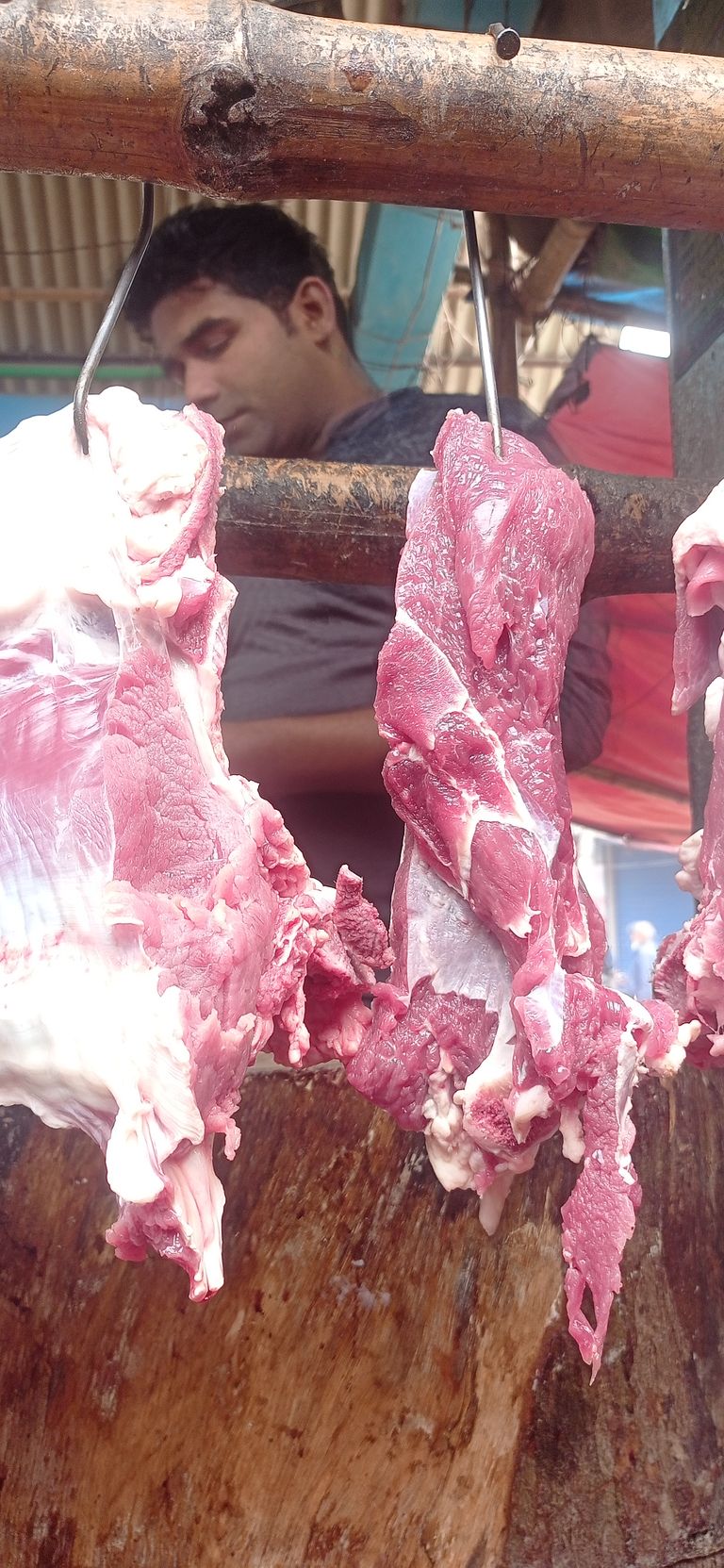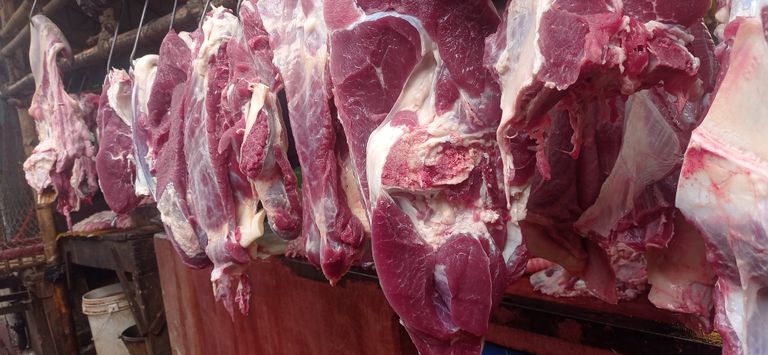Beef processing and meat consumption have been integral to human diets and economies for centuries. Beef, specifically, offers a wide range of nutritional, economic, and cultural benefits. With global demand for beef products continuing to rise, understanding the benefits of both beef processing and meat consumption is essential for addressing food security, promoting health, and sustaining agricultural industries.
Nutritional Benefits of Beef Consumption
Beef is a highly nutritious meat that offers a rich source of protein, essential vitamins, and minerals, making it a staple in many diets worldwide. One of the primary benefits of consuming beef is its high-quality protein content. Protein is essential for the growth and repair of body tissues, the production of enzymes and hormones, and overall immune function. Beef is considered a complete protein, meaning it contains all nine essential amino acids that the human body cannot produce on its own.


In addition to protein, beef is an excellent source of several vital vitamins and minerals, including iron, zinc, and B vitamins, particularly B12. Iron in beef is present in a form called heme iron, which is more easily absorbed by the body than the non-heme iron found in plant-based foods. This makes beef a crucial food for preventing iron-deficiency anemia, especially for individuals with higher iron needs, such as pregnant women and athletes.
Zinc, another essential nutrient found in beef, plays a key role in immune function, protein synthesis, and wound healing. Additionally, the B vitamins found in beef, especially vitamin B12, are vital for maintaining a healthy nervous system and producing red blood cells. For people who may struggle to meet their nutritional needs from plant-based sources alone, beef is an important dietary inclusion.
Economic Benefits of Beef Processing
Beef processing plays a pivotal role in the global economy. The meatpacking industry is a significant employer, with millions of jobs tied to beef production, processing, distribution, and retail. In countries like the United States, Brazil, and Argentina, the beef industry contributes substantially to the agricultural sector, providing income for farmers, ranchers, and workers in meat processing plants.


Beef processing also adds value to raw cattle, turning it into a wide variety of products such as steaks, ground beef, sausages, and ready-to-eat meals. This diversification of beef products boosts economic activity and offers consumers a broad range of choices. By processing beef, producers can meet consumer demand for convenience and specialty cuts while maintaining high standards of safety and quality. This has led to the development of global supply chains, with beef products being exported and imported around the world.
In addition to the direct economic impact, beef processing supports ancillary industries, such as packaging, transportation, and retail. The beef industry also stimulates agricultural innovation, encouraging the development of new farming techniques and technologies that enhance productivity and sustainability.
Sustainability in Beef Production
The environmental impact of beef production has been the subject of growing concern, especially in terms of land use, water consumption, and greenhouse gas emissions. However, the beef industry has made significant strides in improving its sustainability. Advances in animal husbandry, feed efficiency, and waste management have led to reductions in the carbon footprint of beef production. Furthermore, many cattle ranchers and farmers are adopting more sustainable practices, such as rotational grazing, which improves soil health and reduces the need for chemical fertilizers.


Beef processing companies are also working to minimize waste by utilizing nearly every part of the animal. By-products such as hides, bones, and fat are processed into a variety of goods, including leather, pet food, and biodiesel. This approach not only reduces waste but also maximizes the economic value of beef production, helping to offset the costs associated with environmental impact.
Beef and Cultural Significance
Beyond its nutritional and economic benefits, beef has cultural significance in many societies. From traditional barbecue gatherings in the United States to the esteemed role of beef in Argentine cuisine, meat consumption often plays a central role in social and celebratory occasions. Beef is not only a food item but also a symbol of hospitality, tradition, and national identity in various parts of the world.
In many cultures, the way beef is prepared and consumed reflects a rich history of culinary practices. In some regions, beef is carefully aged to enhance flavor, while in others, it is slow-cooked or grilled to create unique textures and tastes. These traditions foster community bonds, provide opportunities for culinary creativity, and preserve cultural heritage.

video credit shuvo imroze
Beef processing and meat consumption provide numerous benefits that span nutrition, economy, sustainability, and culture. Beef is a high-quality source of protein, essential vitamins, and minerals, contributing to better health outcomes for consumers. The economic impact of the beef industry is substantial, supporting millions of jobs globally and contributing to both local and international economies. As sustainability becomes an increasingly important factor, the beef industry has made significant strides in improving its environmental footprint. Finally, beef holds deep cultural significance, bringing people together to celebrate shared meals and traditions. While the beef industry faces challenges, particularly in terms of sustainability, it continues to play an essential role in nourishing the world’s population and supporting economic growth.
i love to eat beef! its healthy